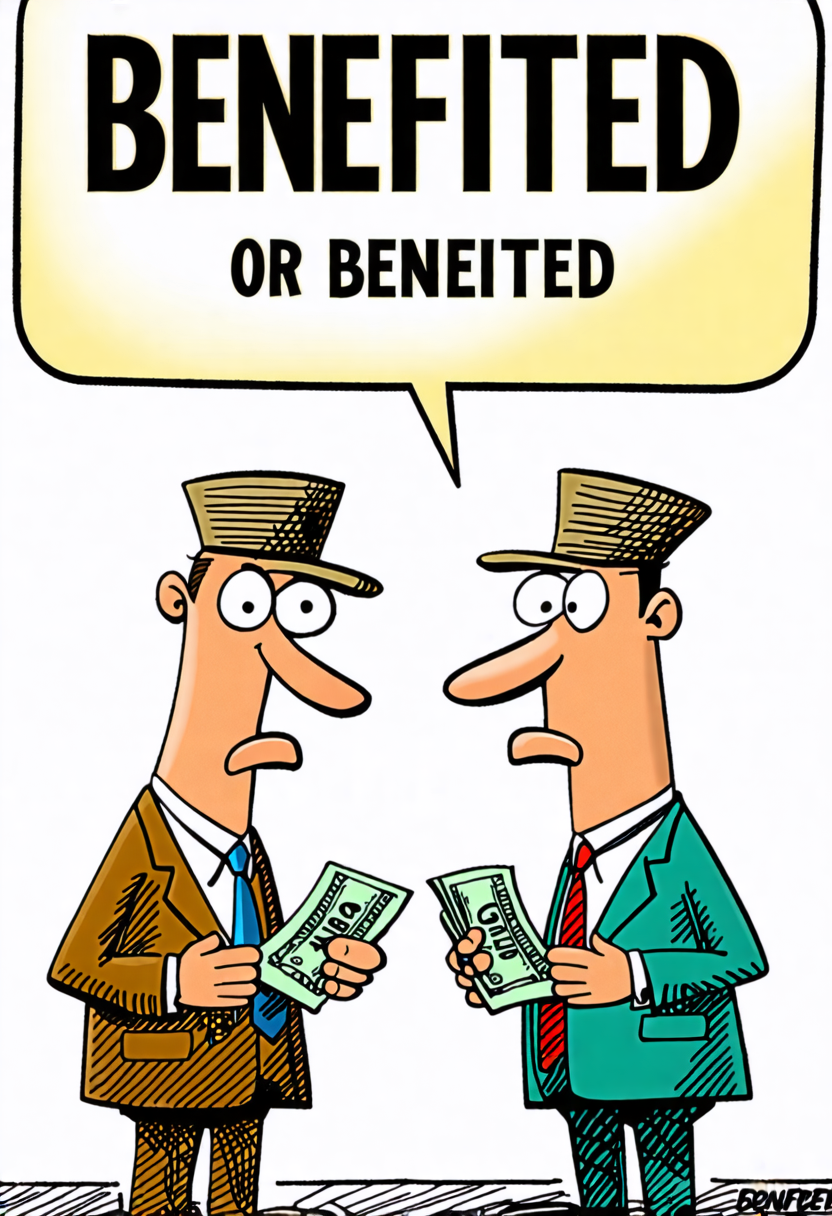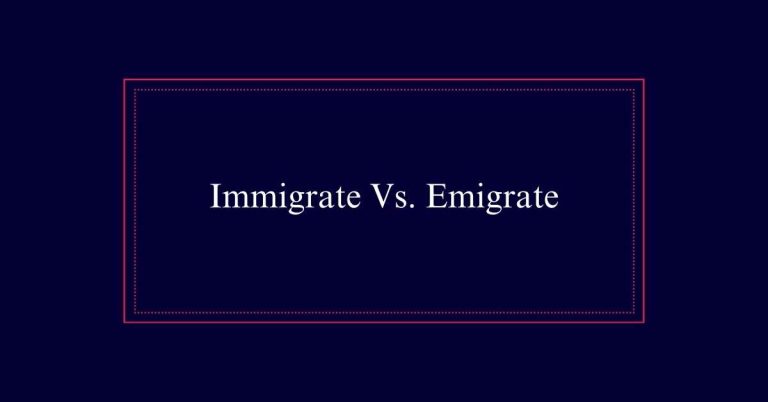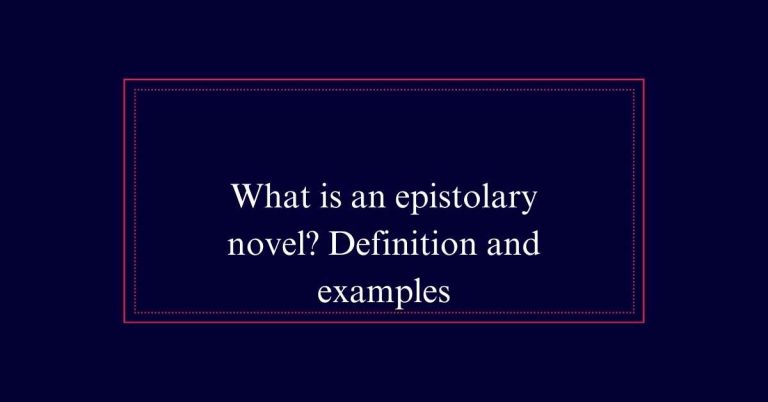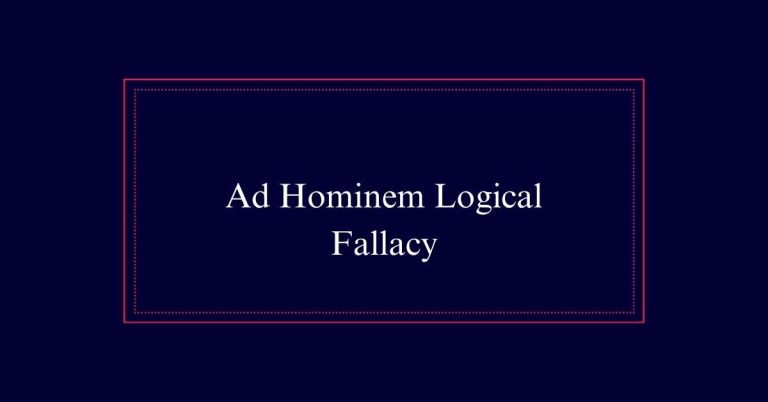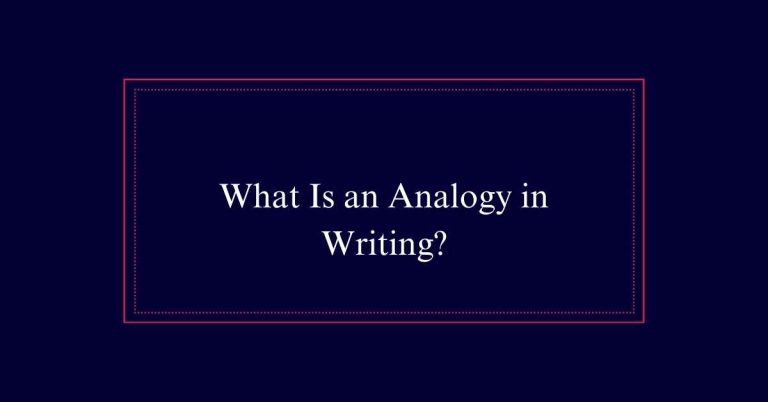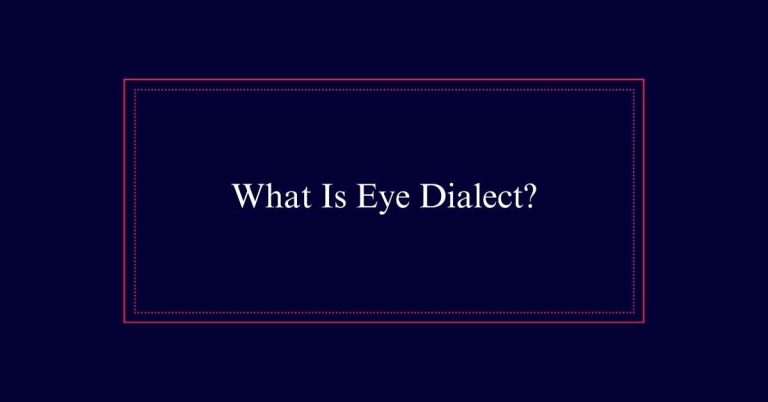Benefited or Benefitted
Both ‘benefited’ and ‘benefitted’ are correct, though usage depends on the region. ‘Benefited’ is favored in American English for its simplicity and adherence to standard spelling rules. British English often uses ‘benefitted,’ reflecting older linguistic conventions. The correct choice often depends on the audience and context in which it’s used.
The Spelling Dilemma
The spelling dilemma between ‘benefited’ and ‘benefitted’ often leaves writers uncertain about which form to use. Both spellings are technically correct, though preferences vary by region.
In American English, ‘benefited’ is more common. This is likely due to simpler spelling conventions. However, some argue for ‘benefitted’ based on pronunciation or by analogy with other similar verbs. British English sometimes leans towards ‘benefitted,’ reflecting different linguistic rules.
The dual usage showcases the flexibility of the English language. Writers should be aware of their audience and context when choosing between the two spellings. Consistency is key to maintaining clarity and professionalism in written communication. Awareness of these nuances can enhance effective and precise language use.
Simple Past Tense Rules
Understanding the spelling dilemma requires a grasp of the simple past tense rules for regular verbs. Regular verbs form their simple past tense by adding -ed to the base form. For example, ‘talk’ becomes ‘talked.’
However, some verbs require doubling the final consonant before adding -ed. This usually applies to one-syllable verbs ending in consonant-vowel-consonant. For verbs with more than one syllable, doubling occurs if the final syllable is stressed, such as ‘occur’ becoming ‘occurred.’
The verb ‘benefit’ does not follow this pattern consistently. In American English, ‘benefited’ is preferred, while British English often uses ‘benefitted.’ This inconsistency highlights regional spelling variations, reflecting the flexible nature of English.
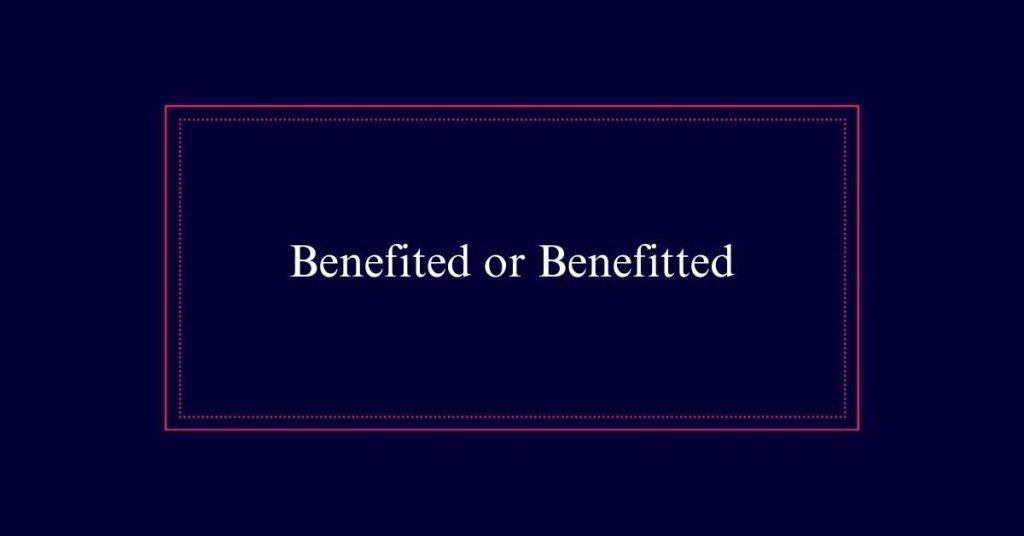
One-Syllable Verbs
One-syllable verbs ending in a consonant-vowel-consonant pattern typically double the final consonant before adding -ed. This rule guarantees consistency in pronunciation and spelling.
Here are some examples to illustrate:
- Plan becomes planned.
- Stop becomes stopped.
- Beg becomes begged.
- Rub becomes rubbed.
These examples show that when a verb has one syllable and ends with a consonant-vowel-consonant pattern, the last consonant is doubled before adding -ed to form the past tense.
Multi-Syllable Verbs
For multi-syllable verbs, the rules for doubling the final consonant depend on the stress pattern within the word. If the stress falls on the last syllable, the final consonant is usually doubled before adding an ending.
For example, ‘begin’ becomes ‘beginning.’ However, if the stress is not on the last syllable, the consonant is not doubled. This is why ‘benefit,’ with the stress on the first syllable, becomes ‘benefited’ rather than ‘benefitted.’
American Vs. British English
American and British English showcase different preferences for spelling the word ‘benefit’ in its past form. In American English, ‘benefited’ is the dominant choice, adhering to a simpler spelling convention. Conversely, British English often favors ‘benefitted,’ consistent with the tendency to double the final consonant.
To summarize the key differences:
- American English: Prefers ‘benefited’ with a single ‘t’.
- British English: Commonly uses ‘benefitted’ with a double ‘t’.
- Consistency: Americans generally maintain a single consonant for simplicity.
- Historical Influence: British spelling reflects older conventions and rules.
Common Usage Examples
In examining common usage, both ‘benefited’ and ‘benefitted’ appear in various reputable publications and literary works.
For instance, ‘benefited’ is frequently found in American newspapers such as The New York Times, highlighting its preference in the United States.
Conversely, ‘benefitted’ can be seen in British novels and articles, suggesting a regional tilt towards the double T.
Academic journals and online articles also display both forms, often interchangeably.
Authors like J.K. Rowling have used ‘benefitted,’ while others like Stephen King prefer ‘benefited.’
This dual usage reflects the acceptance of both spellings in different contexts, reinforcing the idea that neither form is incorrect.
Rather, it showcases the fluidity of English spelling conventions.
Contextual Usage
Understanding the contextual usage of ‘benefited’ and ‘benefitted’ reveals how regional preferences and audience expectations can influence spelling choices. Both forms are correct, but their usage often depends on where and for whom you are writing.
Here are four key points to keep in mind:
- Regional Differences: ‘Benefited’ is more common in American English, while ‘benefitted’ is preferred in British English.
- Audience Expectations: Choose the spelling that aligns with your readers’ preferences to enhance clarity.
- Publication Standards: Follow the style guide of the publication you are writing for, as it may have a preferred spelling.
- Consistency: Maintain consistent spelling within a document to uphold professionalism and prevent confusion.
American English Preferences
Generally, ‘benefited’ is the preferred spelling in the United States. This preference aligns with the American tendency to simplify spelling where possible. Most Americans opt for the single ‘T’ version, finding it straightforward and consistent with other similar verbs.
While some might argue for ‘benefitted’ due to its pronunciation, ‘benefited’ remains the dominant choice in American English. This choice reduces ambiguity and maintains uniformity in written communication. The preference for ‘benefited’ is reflected in various American publications, official documents, and educational materials.
Understanding this preference helps writers and communicators maintain clarity and professionalism in their work. Despite occasional debates, ‘benefited’ is widely accepted and used in the United States.
Historical Evolution
The spelling variations of ‘benefited’ and ‘benefitted’ have evolved greatly over time. Historically, the variations can be traced back to regional differences in English usage. In British English, the double consonant rule often applies, while American English tends to simplify spellings.
Here are four key points in the evolution:
- Early Usage: Both ‘benefited’ and ‘benefitted’ appeared in texts as early as the 16th century.
- Regional Preferences: British English often favors ‘benefitted’, whereas American English prefers ‘benefited’.
- Standardization: Over time, American dictionaries standardized ‘benefited’.
- Modern Trends: Both forms are still in use, reflecting historical and regional influences.
Communication Impact
These historical variations in spelling directly influence modern communication practices. Consistency in spelling is essential for clarity and professionalism. Misunderstandings can arise if the audience is unfamiliar with both forms. Spelling preferences may vary across regions, affecting comprehension.
| Region | Preferred Spelling | Common Usage |
|---|---|---|
| United States | Benefited | Business, Media |
| United Kingdom | Benefitted | Literature, Academia |
| Canada | Both | Mixed contexts |
